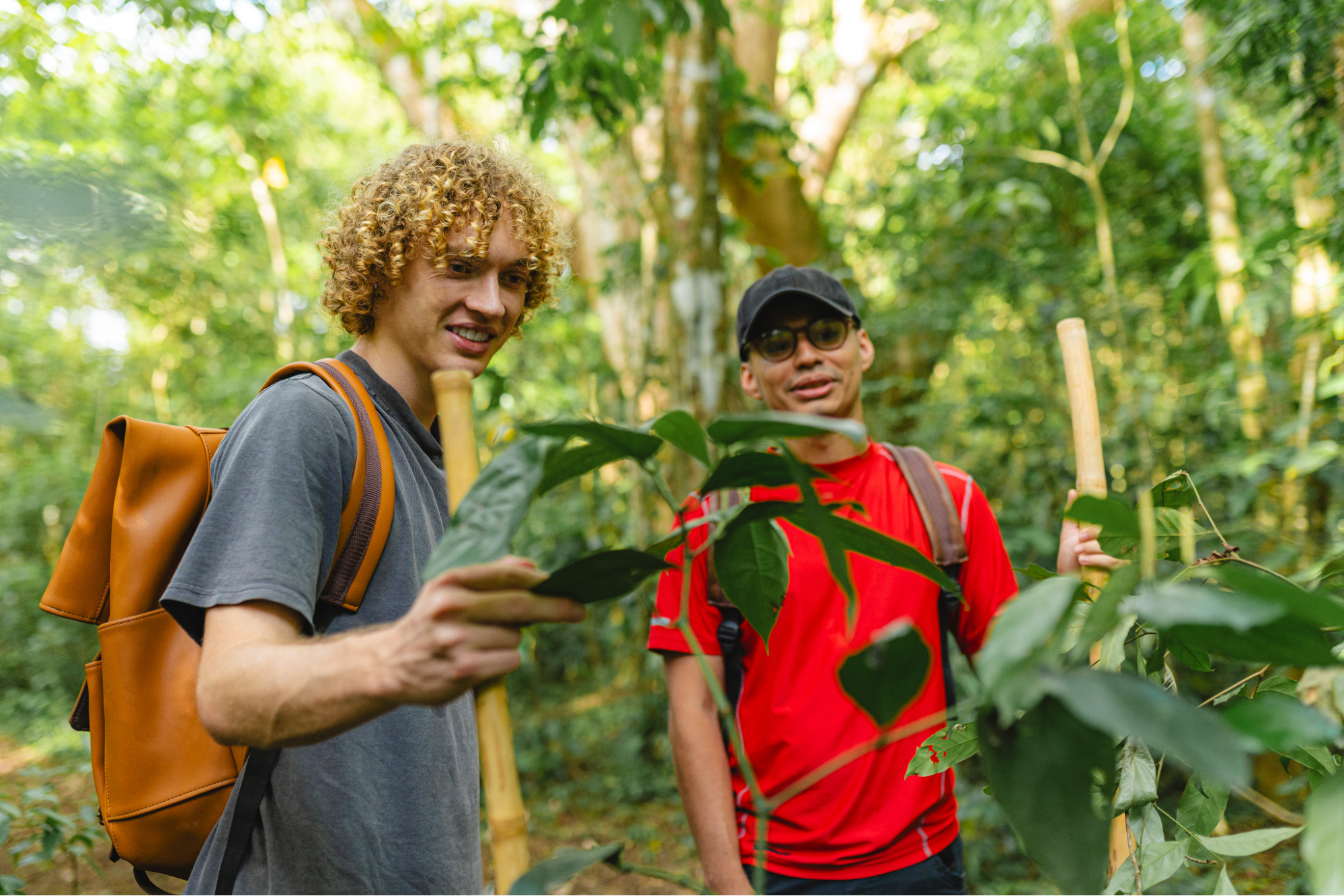When new members join our community, we invite them to affirm that they:
“Recognize the gifts of the living Earth as sacraments that foster connection and communion with the Divine, and receive nature-borne practices with humility and care as sacred aids on the path of wholeness.”
This affirmation is more than poetic—it is a spiritual orientation. It reminds us that the Divine is revealed not only in temples or texts, but in the living presence of the Earth. Her forests, rivers, plants, and creatures hold sacred encounters for those willing to receive with open hearts.
The Earth Provides
Since ancient times, people have turned to the Earth for wisdom. Mountains were honored as holy, rivers as purifying, plants as teachers, and the elements as divine messengers. The Earth was humanity’s first altar, her gifts our first sacraments.
To call these gifts “sacraments” is to recognize that they do more than sustain life—they open our awareness to deeper truths. A sacrament is something outward and tangible that conveys inward, transcendent grace. The Earth’s abundance—food that nourishes, water that renews, plants and fungi that heal—offers continual opportunities to encounter the sacred in embodied ways.
Communion Through Creation
The affirmation speaks of “communion with the Divine.” Communion is not confined to rituals within walls; it is as near as our next breath.
Sitting beneath a tree, drinking from a spring, or receiving the wisdom of earth-born teachers can draw us into communion. These experiences shift our perspective, dissolve the illusion of separation, and remind us that Spirit is woven through all creation. The sacraments of the Earth are living conduits of Divine presence.
Humility and Care
The affirmation also calls us to “receive nature-borne practices with humility and care.” Without humility, gifts are misused; without care, they are exploited.
Humility means remembering these gifts are not ours to control. They are mysteries older than us, entrusted by a generous Earth. Many traditions regard plants not as resources but as teachers, imparting wisdom when approached with respect.
Care means discernment. Not all practices are for everyone, and not all should be rushed. To walk with care is to listen—to our own bodies, to community wisdom, and to traditions that protect what is sacred. When guided by humility and care, the gifts of the Earth become sources of healing and revelation rather than objects of consumption.
The Path of Balance
At the heart of the affirmation is balance—of mind, body, spirit, and community. Remembering that we belong to a living Earth helps us see that our well-being is inseparable from hers.
Practices rooted in nature—gardening, gathering for seasonal rites, or learning from plant teachers—reconnect us to the rhythms of life. Every breath we take is borrowed from the trees; every heartbeat echoes creation’s cycles. The Earth’s gifts call us into alignment with our higher selves and with one another.
Closing Reflection
To live this affirmation is to reorient our lives around reverence. It is to see the Earth not as backdrop but as sacred partner, to approach her gifts with humility, gratitude, and care.
This path is not walked alone—it is woven with roots and rivers, winds and stones, ancestors and communities. The sacraments of the Earth guide us, reminding us that to be human is to belong to a living, breathing cosmos where every gift is holy and every moment is an invitation to commune with the divine.

